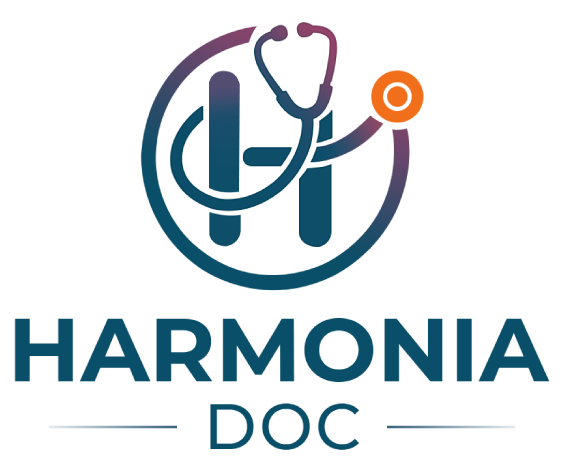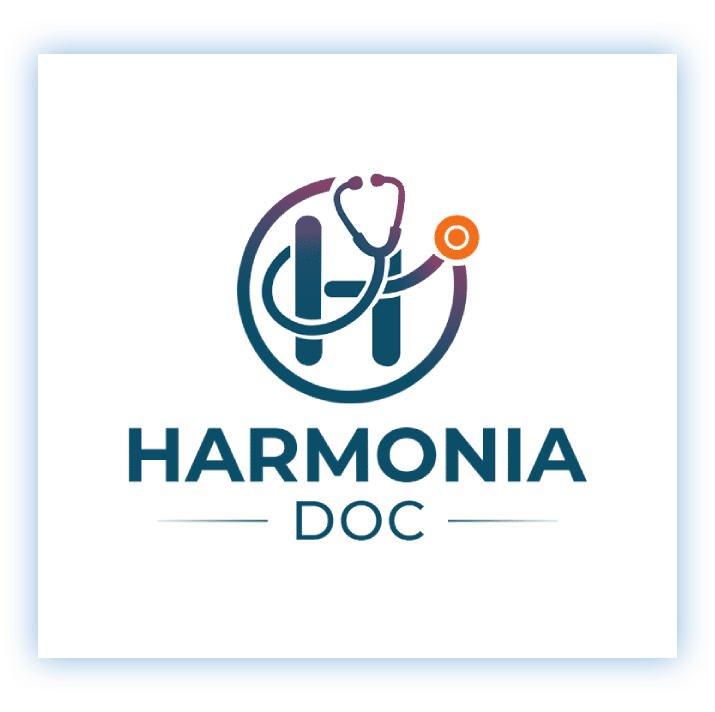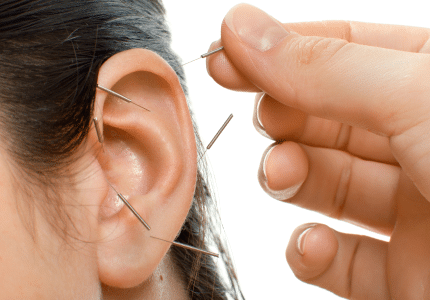

Create an account, provide your basic information, and book a virtual consultation with a licensed holistic health professional.

Connect with a healthcare provider through our secure telemedicine platform to discuss your health concerns from the convenience of your home.

Following your consultation, your doctor will develop a personalized treatment plan designed to address your specific needs.

Once your treatment plan is in place, you can arrange for prescribed medications to be delivered to your door or schedule follow-up appointments as needed.







People turn to acupuncture for many reasons — from managing pain and tension to supporting emotional health or sleep. This approach uses gentle stimulation on specific areas of the body, and it’s often a part of a broader care routine.

May help reduce ringing in the ears by improving circulation and supporting nerve pathways.

Can ease nerve pain and tingling by focusing on areas linked to nerve health and function.

May relieve back tension by reducing inflammation and relaxing tight muscles.

Could support reproductive health by improving blood flow and promoting hormonal balance.

May ease joint pain and improve movement through targeted stimulation.

Can calm the immune response and help reduce allergy-related symptoms.

May help manage arthritis pain by reducing inflammation and improving joint mobility.

Supports deeper, more restful sleep by calming the nervous system and easing stress.

Can reduce stiffness and tension in the neck by focusing on pain-related points.

May support mood balance by influencing hormones connected to emotional health.

Can help reduce cravings and ease withdrawal symptoms during the quitting process.

May lower the body’s stress response and promote a more relaxed state.

Targets pressure points that may help ease headache and migraine symptoms.

May support lower blood pressure by encouraging relaxation and better circulation.

Can support healthy weight goals by regulating digestion, hormones, and appetite.

May help ease anxiety by calming the mind and supporting nervous system balance.
Each type of acupuncture focuses on a specific area or concern, offering targeted support based on your health needs.

This focuses on points along the spine to relieve pain and ease tight muscles. It’s often used for chronic discomfort and limited mobility in the back.

This technique targets areas on the face to support skin tone and smooth fine lines. It’s a gentle option for natural skin rejuvenation.

Also called auricular therapy, this uses points on the ear connected to different parts of the body. It’s commonly used for pain relief, stress support, and help with addiction recovery.
Acupuncture is safe because it uses sterile, extremely thin needles placed carefully at specific points. Licensed acupuncturists follow strict safety standards, which greatly reduces the risk of complications. Most people experience little to no discomfort, and side effects, if any, are usually mild and temporary.
Its effectiveness comes from acupuncture’s ability to activate your body’s natural healing response. Stimulating these points encourages your nervous system to release natural chemicals that relieve pain, reduce stress, and promote relaxation. Many individuals notice clear improvements in their health and comfort with consistent sessions.
Trusted health organizations, such as the World Health Organization (WHO), have conducted extensive research on acupuncture. WHO recognizes acupuncture as an effective therapy for migraines, chronic pain, anxiety, and stress-related disorders.
At Harmonia Doc, you’ll receive professional acupuncture care designed around your personal wellness goals, ensuring both safety and effectiveness.

Acupuncture does more than just ease pain—it supports your overall health in many ways. Regular treatments can help you manage stress, achieve deeper sleep, and enhance your quality of life.
Common benefits of acupuncture include:
Ongoing research continues to confirm acupuncture’s positive role in maintaining both physical and emotional wellness. It’s a valuable part of a well-rounded approach to your health.

Acupuncture is gentle, relaxing, and typically comfortable when performed by a licensed acupuncturist. After your session, you may feel mild sensations around the needle points, such as slight soreness, minor bruising, or a bit of sensitivity.
These sensations are temporary and often a positive sign that your body is responding to treatment. You can increase your comfort by drinking water, resting briefly, and relaxing after your appointment.
Always work with a licensed acupuncturist who understands your personal health goals. If you have questions or feel any discomfort, let them know. They can easily adjust your next treatment to make it more comfortable for you.
Acupuncture promotes balance within the body, supporting physical, mental, and emotional health, and can be a valuable component of a holistic wellness plan.
Individuals with bleeding disorders, those on blood thinners, or pregnant women should consult with healthcare providers before undergoing acupuncture.
Electroacupuncture involves applying a small electric current to acupuncture needles, potentially enhancing the treatment’s effects.
Acupuncture may help reduce cravings and withdrawal symptoms, supporting individuals aiming to quit smoking.
Coverage varies by insurance plan. It’s best to check with your provider to determine if acupuncture is included.
Some studies suggest acupuncture may improve fertility by enhancing blood flow to reproductive organs and balancing hormones.
Look for practitioners licensed by relevant health authorities, ensuring they have proper training and certification.
While both involve needle insertion, acupuncture is based on traditional Chinese medicine principles, targeting energy flow. Dry needling focuses on releasing muscle trigger points based on Western medicine.
Yes, acupuncture has been shown to help reduce anxiety and stress by promoting relaxation and balancing the body’s energy.
Acupuncture can be safe for children when performed by a qualified practitioner experienced in pediatric care.
Yes, acupuncture can complement other treatments and therapies. Always inform your healthcare provider about all treatments you’re receiving.
Wear loose, comfortable clothing to allow easy access to acupuncture points. It’s also advisable to have a light meal beforehand and avoid strenuous activities post-session.
Side effects are rare but can include mild soreness, minor bleeding, or bruising at needle sites.
During a session, the practitioner will assess your symptoms and insert fine needles into specific points. The needles remain in place for about 15-30 minutes while you relax.
The number of treatments varies based on the individual’s condition and response. Some may feel improvement after one session, while others might require multiple treatments.
When performed by a licensed practitioner using sterile needles, acupuncture is generally safe with minimal risks.
Acupuncture is used to treat various conditions, including respiratory diseases, bronchitis, asthma, eye disorders, orthopedic disorders, gastrointestinal disorders, and neurologic disorders.
Most patients experience little to no pain during acupuncture, as the needles are extremely fine. Some may feel a slight ache or pressure upon insertion.
It stimulates specific points on the body to promote natural healing, balancing the body’s energy flow, known as qi (pronounced “chi”), ensuring it moves freely through meridian pathways.
Acupuncture is a traditional Chinese medicine practice that involves inserting thin needles into specific points on the body to promote natural healing and improve function.
